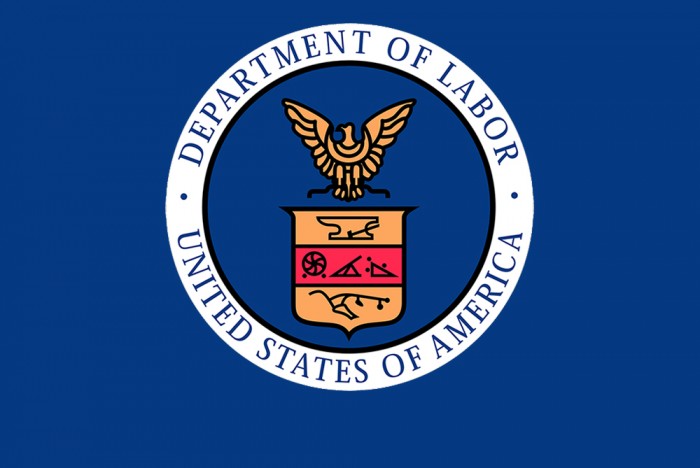From ANCOR:
March 26, 2021
Pre-employment Transition Services
The Employment First Community of Practice will host a webinar on “Pre-employment Transition Services: Implementation Efforts, Successes and Challenges in Minnesota and Idaho” on April 14 from 3:00-4:00 p.m. ET. This webinar will review the requirements for pre-employment transition services for students with disabilities, including job exploration counseling, work-based learning experiences, counseling on opportunities for enrollment in comprehensive transition or postsecondary educational programs, workplace readiness training, and instruction in self-advocacy. The webinar will share how Minnesota and Idaho are implementing the requirements.
Inclusive Community College Career Pathways: Access
The Center for Advancing Policy on Employment for Youth published a blog on “Inclusive Community College Career Pathways: Access.” The blog discusses how two community colleges increased education access for students with disabilities through an Office of Disability Employment Policy grant program.
PEAT Newsletter
The Partnership on Employment & Accessible Technology released its March 2021 Future of Work Newsletter. It highlights the Office of Disability Employment Policy’s 20th anniversary and PEAT’s conference session at SXSW 2021 on “Disability-Led Innovation in Future Workplaces.” It also links to resources added to PEAT’s “Telework and Accessibility Toolkit.”
Disability-Inclusive Apprenticeships in the States
The National Conference of State Legislatures published a report, “Apprenticeships: A Pipeline for an Inclusive Recovery,” that examines state and federal actions to enhance disability inclusion in apprenticeships. The report explains why inclusive apprenticeships can be an effective workforce development tool to aid economic recovery in the COVID-19 response and highlights resources for creating inclusive apprenticeship programs. The report is the fourth and final in a series developed in collaboration with the State Exchange on Employment & Disability on the opportunities and challenges stemming from the pandemic and its impact on the employment of people with disabilities.
Registered Apprenticeship Technical Assistance Centers of Excellence
The U.S. Department of Labor’s Office of Apprenticeship announced $31 million in funds for Registered Apprenticeship Technical Assistance Centers of Excellence. The Centers of Excellence will support the expansion and modernization of technical assistance to Registered Apprenticeship Programs to accelerate and support their growth and diversity. Funding applications are due April 29, 2021.
——————————
Donna Martin
American Network of Community Options and Resources
Alexandria VA
401-965-9411
——————————

















